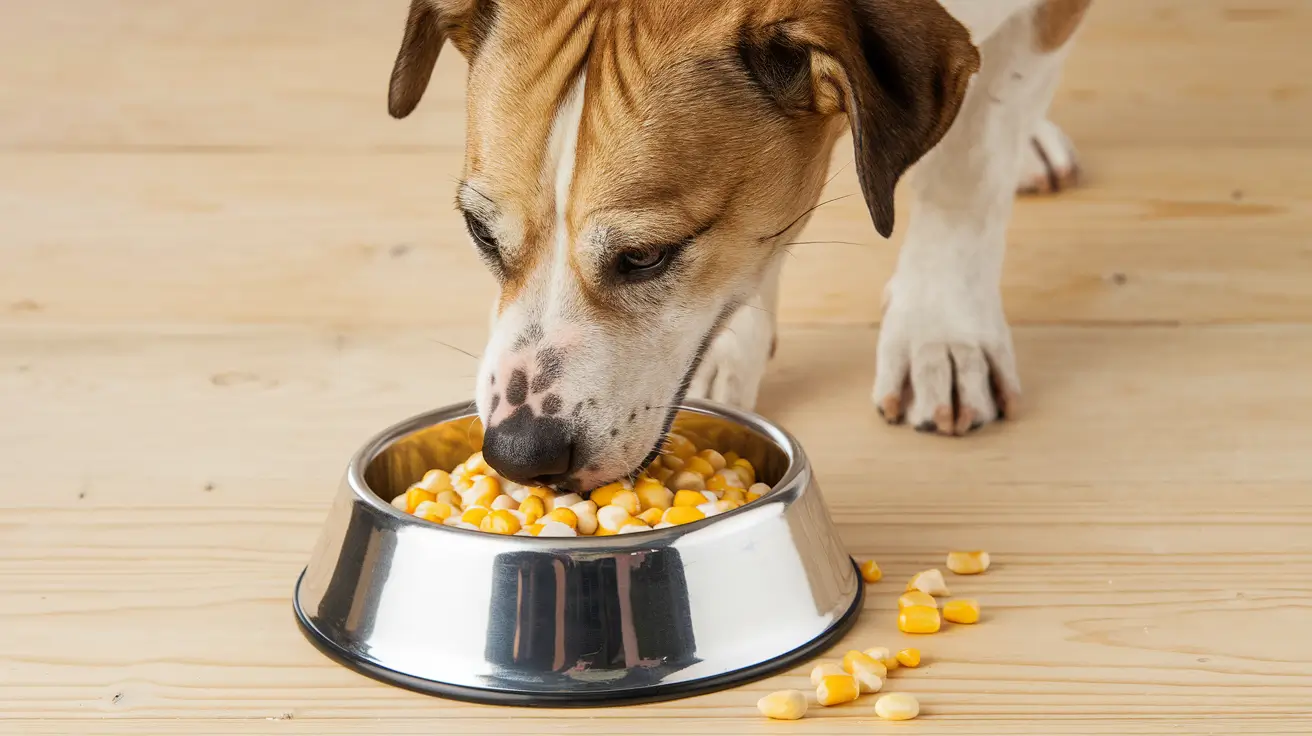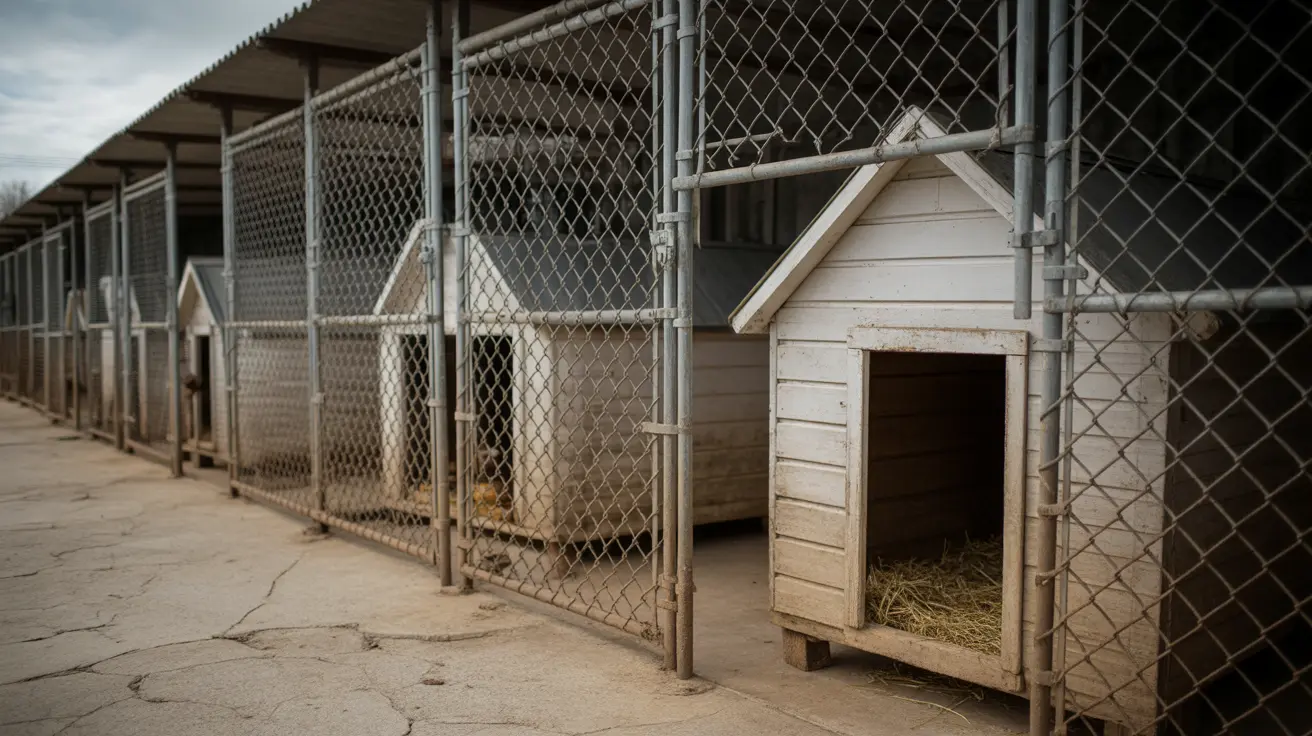Introduction: Navigating Canine Diets
Feeding dogs human foods can be a delightful way to share meals with your furry friend, but it requires careful consideration. While some human foods are safe for dogs, others can pose serious health risks. It is crucial to approach this with caution and consult veterinarians before introducing new foods into a dog's diet. Corn is a popular human food that often finds its way into dogs' bowls, but is it safe for them to eat?
Understanding Corn: Nutritional Insights
Corn is a staple in many human diets and can offer nutritional benefits to dogs when served correctly. It is a rich source of protein, essential for maintaining muscle mass and overall health. Additionally, corn is packed with antioxidants, carbohydrates, and linoleic acid, which contribute to a dog's energy levels and skin health. The presence of vitamins C, B, E, and K, along with minerals like magnesium and potassium, further enhances its nutritional profile. However, these benefits are only realized when corn is consumed in moderation.
Safe Ways to Serve Corn to Dogs
Introducing corn into a dog's diet can be safe if done properly. Both raw and cooked corn can be offered, but it is imperative to serve it plain and off the cob. Plain corn kernels are the safest option, ensuring that no harmful additives like butter, salt, onions, or garlic are present. These additives can lead to serious health issues such as pancreatitis, obesity, or salt poisoning. Frozen corn can also be a fun and crunchy treat, but care should be taken to prevent choking.
The Dangers of Corncobs and Husks
While corn itself is not toxic to dogs, corncobs and husks pose significant risks. Corncobs can become choking hazards or cause intestinal blockages, which are medical emergencies. Symptoms such as dehydration, lethargy, vomiting, loss of appetite, and diarrhea indicate a possible blockage and require immediate veterinary attention. Therefore, it is vital to ensure that dogs do not have access to corncobs or husks.
Evaluating Processed Corn Products
Processed corn products like canned corn, corn tortillas, and corn chips are not suitable for dogs. These products often contain high levels of sodium and preservatives, which can be detrimental to a dog's health. Excessive sodium intake can lead to salt poisoning, necessitating urgent veterinary care. To keep your dog safe, it's best to avoid these processed options altogether.
Fun Snacks: Popcorn for Pups
Popcorn can be a delightful snack for dogs if prepared correctly. Air-popped popcorn, free from butter, oils, and salt, is a safe option when given in moderation. Ensure that all unpopped kernels are removed to prevent any choking hazards. This plain version of popcorn can serve as a fun treat without compromising your dog's health.
Sweet Treats: Corn Muffins and Cornbread
Although corn muffins and cornbread might seem like tasty treats, they are not suitable for dogs. These baked goods are typically high in sugar, butter, and salt, making them unhealthy choices for canine consumption. The excessive fat and sugar content can lead to obesity and other health issues, so it's best to keep these treats out of your dog's diet.
Allergies and Sensitivities: Corn Concerns
While corn allergies in dogs are rare, they can occur. Symptoms of a corn allergy may include skin irritation and gastrointestinal issues. If you suspect your dog has an allergy, consult with a veterinarian for proper diagnosis and dietary adjustments. Comparatively, other food allergies such as beef and dairy are more common, but it's important to be vigilant about any potential sensitivities.
Guidelines for Feeding Corn: Moderation and Balance
Moderation is key when incorporating corn into a dog's diet. Corn should only make up about 10% of your dog's total food intake, with the remaining 90% coming from a balanced dog food that provides all necessary nutrients. This ensures that your dog enjoys the benefits of corn without compromising their overall nutritional needs.
Conclusion: Informed Choices for Healthy Pets
In summary, corn can be a nutritious addition to a dog's diet if served correctly and in moderation. By understanding the nutritional benefits and potential risks associated with corn, pet owners can make informed decisions that promote their dog's health and well-being. Always consult with a veterinarian if you have any concerns about your dog's diet, ensuring that your furry friend stays happy and healthy.






